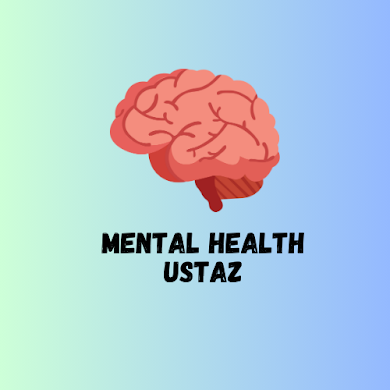Eating disorders, mysterious specters of internal health, can wreak havoc on both physical and emotional well-being. Recognizing these conditions and providing the necessary support remains a challenge. Nevertheless, with appropriate assistance, those grappling with eating disorders can recover, embarking on a life of abundance and vitality.
**Understanding Eating Disorders**
Eating disorders manifest as abnormal health behaviors and distorted self-perception. Afflicted individuals may fixate on food, weight, or body composition, employing harmful methods to control food intake and body mass. Notable among these disorders are:
- **Anorexia Nervosa**: Characterized by an implacable fear of weight gain and a distorted body image, individuals with anorexia nervosa often subsist on meager portions, resulting in significant weight loss.
- **Bulimia Nervosa**: Bulimia nervosa involves episodes of excessive eating followed by purging through vomiting, laxatives, or excessive physical exertion. Individuals experiencing binge eating issues frequently consume excessive quantities of food without subsequent purging, often plagued by feelings of guilt and self-criticism.
**Unveiling the Origins of Eating Disorders**
The precise etiological factors of eating disorders escape complete understanding, as they appear to be a combination of genetic, psychological, and environmental influences. Genetic predisposition may contribute to these disorders, while psychological elements such as low self-esteem, perfectionism, and trauma further play a role. Environmental factors, including the pervasive diet culture and the pressures of social media, also create fertile ground for the development of eating disorders.
**Revealing the Telltale Signs of Eating Disorders**
Symptoms of eating disorders vary depending on the specific condition. Nevertheless, common indicators include:
- Obsession with food, weight, or body composition.
- Extreme overeating or unpredictable weight fluctuations.
- Unusual health practices, including bingeing, purging, or dietary restriction.
- Fear of weight gain.
- Distorted self-perception.
- Social withdrawal.
- Emotional hesitancy.
- Fatigue.
- Cognitive difficulties.
**Treatment Approaches for Eating Disorders**
Addressing eating disorders requires a multifaceted approach. A comprehensive therapeutic team may include a physician, psychotherapist, nutritionist, and psychiatrist. Treatment may involve individual and group therapy, nutritional counseling, and pharmacological intervention.
**A Path to Recovery**
Recovery from eating disorders unfolds as a lengthy journey, demanding patience and time. Nevertheless, with the right support, those grappling with these disorders can achieve full rehabilitation, and enjoy healthy and vibrant lives. If you or someone you know is dealing with an eating disorder, do not hesitate to seek assistance. A wealth of resources is available to accompany you on your path to recovery. May this article provide insight and guidance to those in need!




0 Comments